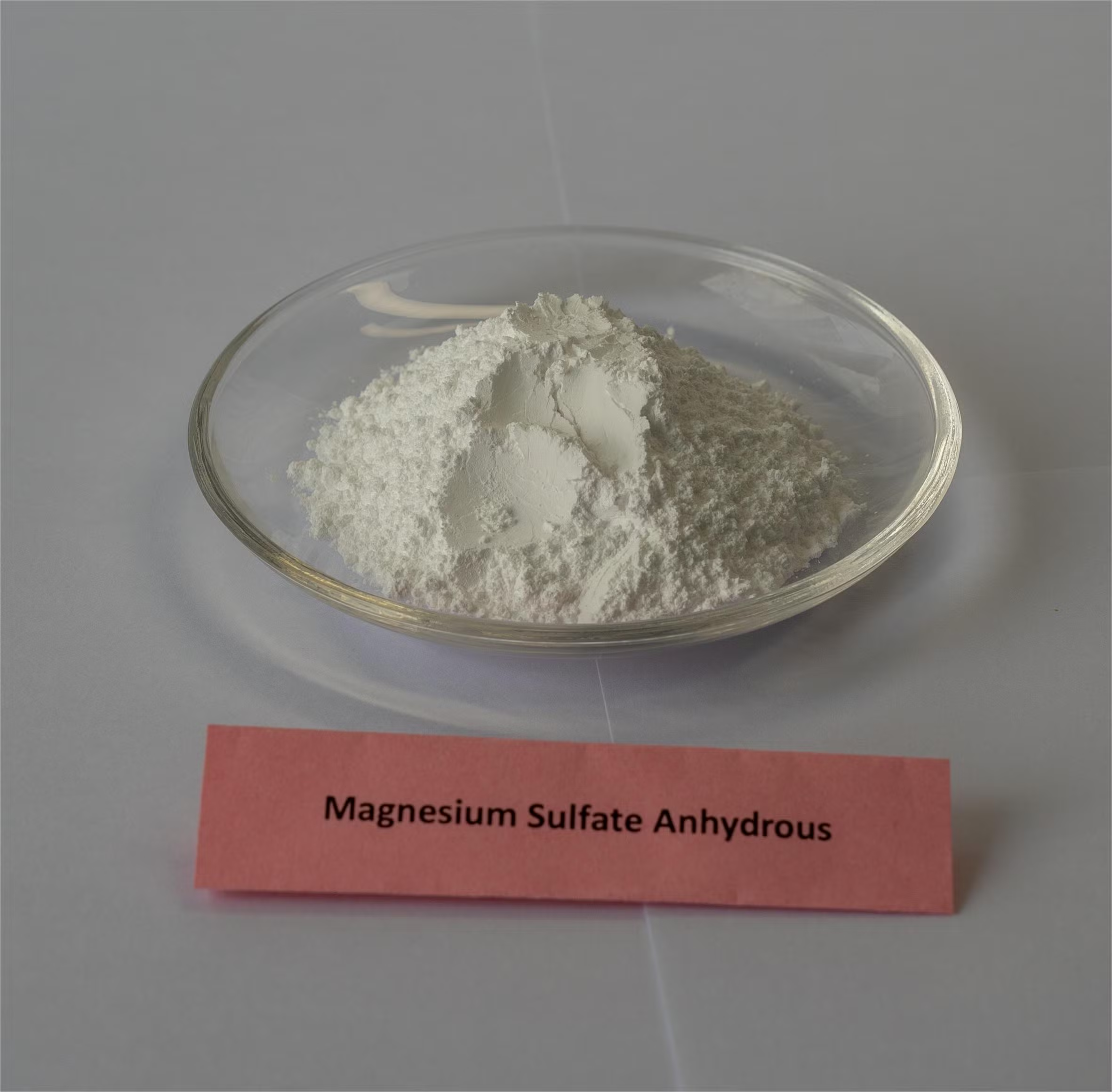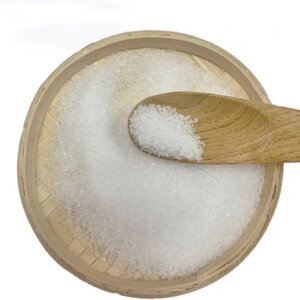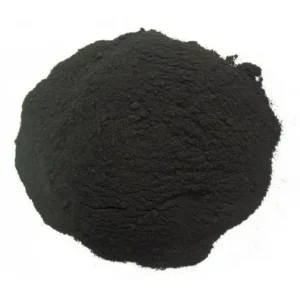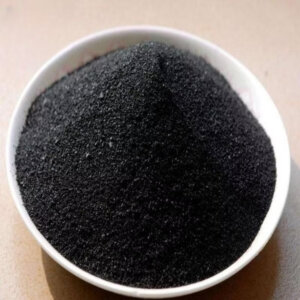Description
Properties:
Appearance: It is a white, crystalline powder.
Solubility: It is soluble in water but not in ethanol.
Hygroscopic: It can absorb moisture from the air and may eventually become hydrated.
Fast-acting Fertilizer for Plants & Flowers: Magnesium Sulfate Anhydrous
Plants and flowers need proper nutrition to thrive and grow. Most gardeners use fertilizers to ensure their plants are getting the nutrients they need. However, not all fertilizers are created equal. Magnesium sulfate anhydrous is a fast-acting fertilizer that can benefit plants and flowers in many ways.
Magnesium sulfate anhydrous, also known as Epsom salts, is a crystalline substance made up of magnesium and sulfate. It is known for its ability to promote growth and increase the yield of crops. This fertilizer is also used to treat nutrient deficiencies in plants and flowers.
Magnesium is an essential nutrient for plants and helps them to produce chlorophyll, which is necessary for photosynthesis. Chlorophyll is the green pigment in leaves that traps sunlight and converts it into energy. Without magnesium, plants would not be able to produce enough chlorophyll, leading to stunted growth and yellowing of leaves.
Sulfate is another essential nutrient that helps plants to absorb other nutrients like nitrogen, phosphorus, and potassium. These nutrients are necessary for plant growth and development. Sulfate also helps to improve soil structure and reduces soil salinity, which can negatively affect plant growth.
The fast-acting nature of magnesium sulfate anhydrous makes it an ideal fertilizer for plants and flowers. It is easily absorbed by plants, allowing them to quickly access the nutrients they need. This results in faster growth and healthier plants.
In addition to its role as a fertilizer, magnesium sulfate anhydrous has many other uses in gardening. It can be used to improve soil pH, which is important for nutrient absorption. It can also be used as a foliar spray, allowing plants to absorb nutrients through their leaves rather than their roots.
When using magnesium sulfate anhydrous as a fertilizer, it’s important to follow the instructions carefully. Too much of this fertilizer can cause toxicity in plants, leading to leaf scorching and other negative effects. It’s also important to remember that this fertilizer is not a substitute for proper soil preparation and maintenance.
| Commodity Name | Magnesium Sulphate Anhydrous | |
| Test Item | Technical specification (%) |
Analysis Results (%) |
| Purity | 99.0min | 99.2 |
| MgO | 32.9min | 33 |
| Mg | 19.8min | 19.9 |
| Heavy Metals(Pb) | 0.001max | 0.0002 |
| Pb | 6-9 | 8.5 |
| Cl | 0.01max | 0.01 |
| Fe | 0.0005max | 0.0002 |
| Appearance | White powder | White powder |
Packaging and Storage:
Package-25 kg bags/25 kg bags/Jumbo Bags.
Storage-airtight operation, local exhaust. Store in a cool, well-ventilated area. Far from fire and heat source. Prevent direct sunshine. Packing seal. Should with the antioxidant stored apart, avoid by all means is mixed store. Storage areas shall be equipped with appropriate materials asylum leakage





Reviews
There are no reviews yet.